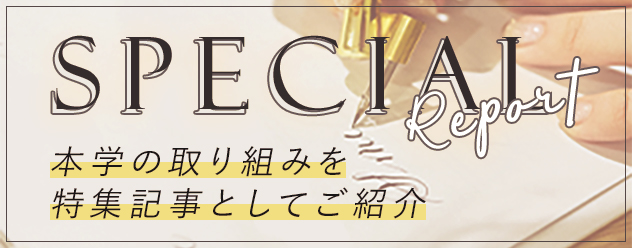


Associate Professor Department of Sociology Faculty of Faculty of Liberal Arts Teikyo University
Mr. Lee Young-sook?

Osaka University Graduate School Doctor of Human Sciences, Ph. D. in Human Sciences. After working as a volunteer coordinator at a university volunteer center and a special researcher at an American non-profit organization (food bank), she has been at Teikyo University Faculty of Liberal Arts Department of Sociology Associate Professor since 2019. He researches the impact of relationships from the areas of volunteerism, social business, and Community Engagement.




Dr. Lee Young-sook, who worked as a secretary in Pediatrics department at National University Hospital, was also involved in activities to provide entertainment to children who had been hospitalized for long periods in the pediatric cancer ward. One time, a group of volunteers went to celebrate a birthday wearing headgear and costumes, which was met with great delight. Word spread in an instant, and doctors and nurses who were wary at first began to dress up in their own costumes and celebrate together, regardless of their position.


Normally, professional positions do not allow "dressing up in a hospital," but this activity is strictly volunteer work. Dr. Li says that the reason this activity has spread is that they were able to focus solely on entertaining patients without being too concerned with professional ethics. In particular, in the medical and welfare fields, the relationship between medical personnel and patients = supporters and non-supporters tends to become fixed, so he felt there was potential in the function of volunteers to flatten that structure.


Professor Lee has focused on the fact that when volunteers enter various societies and communities, their preconceptions of "how things should be" begin to waver, and has been working on debate drama in his seminars. This involves recreating "unsettling episodes" that students have actually experienced, and by switching the students who play the roles, students can discover the changes in their feelings when they are performing and when they are watching, as well as the differences between them and others. The aim is to have students experience "understanding others" and to face the true essence of volunteering, which involves interacting with others.


Through classes on volunteerism, students can see the various possibilities of volunteering by looking at volunteering from multiple angles, from the perspectives of "self," "others," and "society." For example, this can lead to clues on how to provide flexibility and diversity to asymmetrical relationships in society, and hints on how to achieve the SDGs by co-creating them beyond the differences in race and wealth.


Professor Li says that students who learn about various types of volunteering in their classes should "understand that while learning theory, they can also gain hints about how to connect themselves to society by actually taking action and experiencing success and failure." He hopes that by doing so, students will acquire the ability to contribute to society as bridges connecting diverse people, and spread their wings and fly out into the world.


